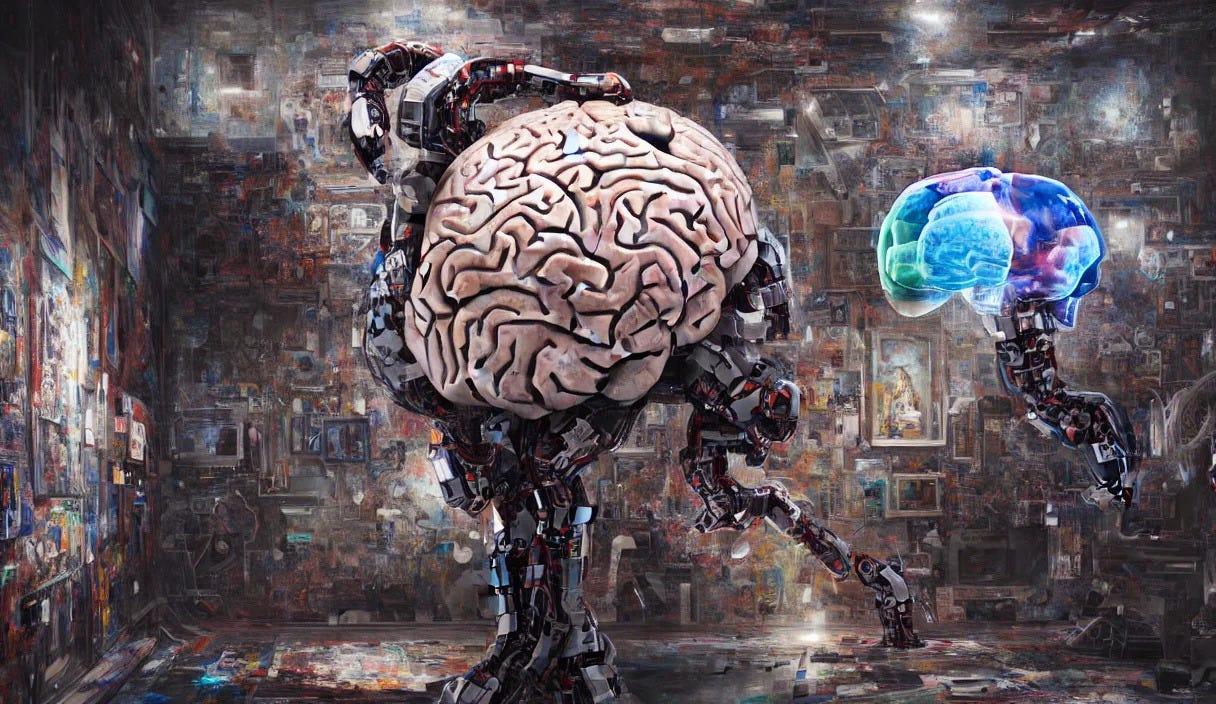ChatGPT's Impact on the IT Landscape
In the grand tapestry of technological advancements, few innovations have reverberated through the annals of history quite like
OpenAI's ChatGPT. This remarkable language model, born from the cutting-edge realms of artificial intelligence (AI) and machine
learning (ML), has sent shockwaves through the entire IT industry, igniting a frenzy of Language Learning Models (LLMs) and giving
birth to a multitude of AI ventures. This tidal wave of innovation, however, carries with it the tides of obsolescence, challenging
established career trajectories and specialized roles within this rapidly evolving domain. The question that looms before us is
this: What does this mean for our economy and the individuals who find themselves caught in the tumultuous crosscurrents of this
epochal technological sea change?
The emergence of ChatGPT represents nothing short of a revolution. Its exceptional ability to generate human-like text based on given
inputs has found extensive applications across an array of fields, from revolutionizing customer service to redefining content
creation. As the model's resounding success reverberates, a gold rush of sorts has been unleashed, compelling tech companies far and
wide to forge their own LLMs and AI-powered solutions. This surge in AI and ML ventures has unequivocally reshaped the very landscape
of the IT industry.
Yet, as with any revolution, the wheel of progress carries an element of destruction in its wake. The ascendancy of ChatGPT and its
AI peers has rendered many conventional IT solutions obsolete. Automated systems have swiftly supplanted positions that were once held
by human hands, leaving in their wake a disruption of career trajectories and specialized roles within this rapidly transforming industry.
This pivotal shift has left numerous IT professionals grappling with the stark reality of their once-prized skill sets slipping into redundancy.
Hence, the pressing question emerges: What alternatives are available to these individuals? The answer lies, perhaps paradoxically, within
the very technology that has disrupted their professional pathways. As AI and ML continue their inexorable march forward, there is a mounting
demand for professionals who possess the skills to comprehend, develop, and navigate these awe-inspiring technologies. Proficiencies such as
data science, AI ethics, and ML engineering are rapidly accruing immense value. For those brave enough to embrace adaptation and embark on a
path of perpetual learning, the AI revolution represents not an impasse, but rather a gateway to new horizons.
Nevertheless, this transition shall not be without its challenges. Reskilling and upskilling necessitate substantial investments of time, effort,
and resources. It is imperative that governments and organizations assume an active role in facilitating this profound metamorphosis, providing
comprehensive training programs and indispensable resources to empower displaced workers in acquiring the vital proficiencies demanded by this
new technological terrain.
The advent of ChatGPT, a groundbreaking creation by OpenAI, has undeniably reshaped the IT industry. The surge of LLMs and the multitude of AI ventures have unfolded a tapestry of both opportunities and challenges. While the obsolescence of numerous solutions and the disruption of established career trajectories raise legitimate concerns, they simultaneously present us with an unprecedented opportunity to adapt and evolve, both as individuals and as economies at large."In the ever-evolving landscape of technology, the rise of AI models like ChatGPT is not just a disruption, but an invitation for individuals and economies to adapt, learn, and harness the transformative power of this revolution." - Elon Musk

The AI revolution has arrived, and it is our duty to harness its boundless potential while conscientiously mitigating the inherent risks it poses.


